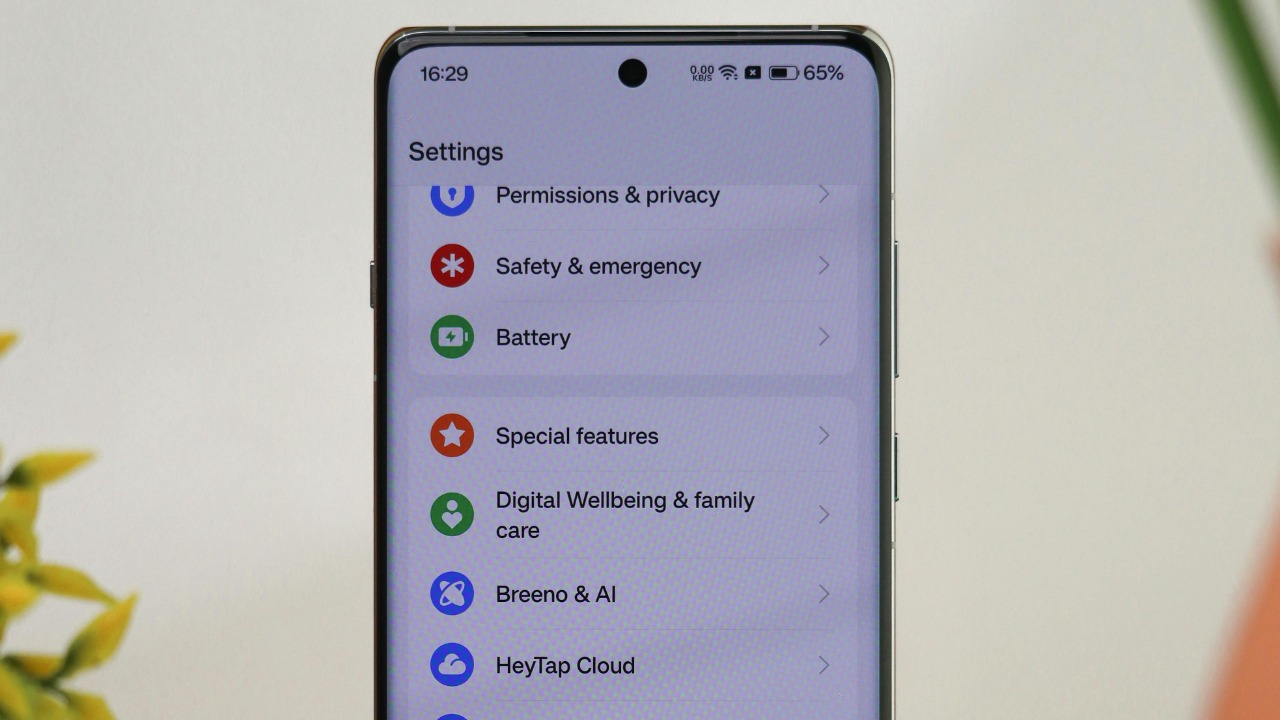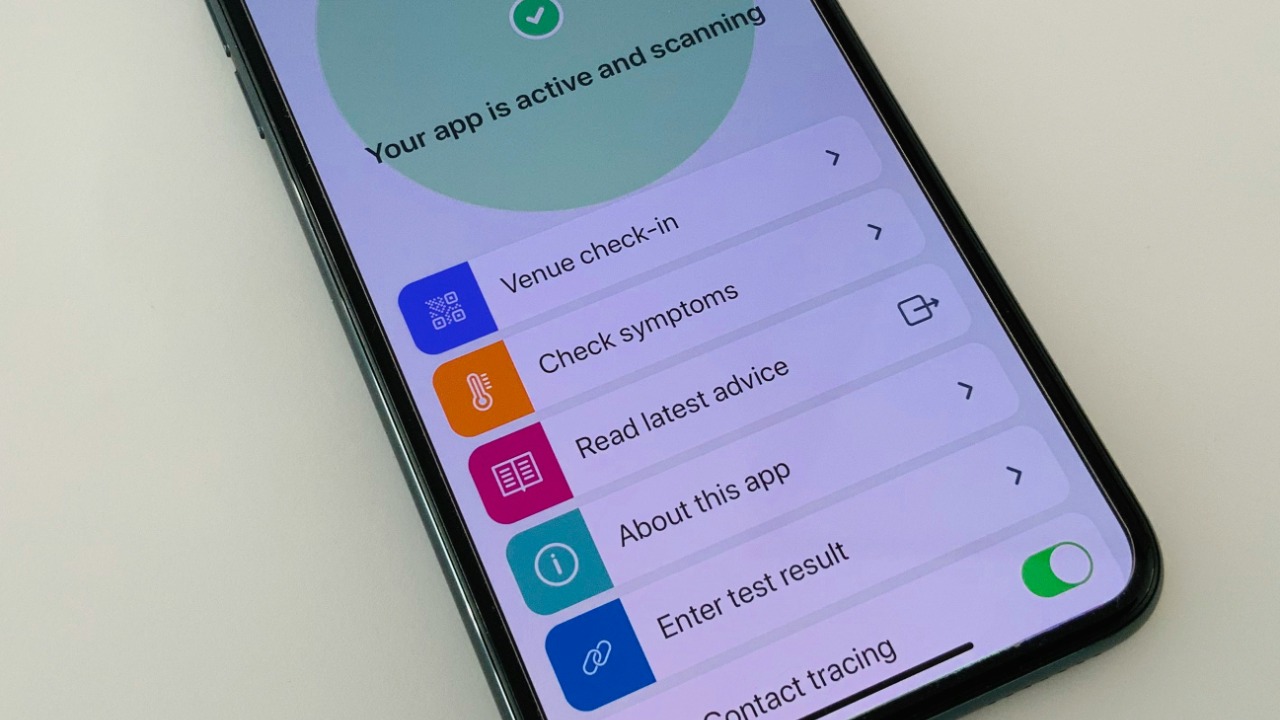
In today’s digital age, protecting your privacy on social media platforms is more important than ever. With increasing concerns over social media privacy issues, it’s crucial to take proactive steps to safeguard your information. Here are seven effective strategies to prevent unwanted surveillance and maintain your online privacy.
1. Strengthen Your Privacy Settings

One of the easiest ways to enhance your social media privacy is by adjusting your privacy settings. Most platforms offer various options to control who can see your posts, photos, and personal information. Regularly review these settings to ensure they align with your privacy preferences. By limiting the audience for your content, you can significantly reduce the risk of unwanted eyes on your personal data.
2. Use Encrypted Messaging Apps

To ensure your conversations remain private, switch to encrypted messaging apps. These apps use end-to-end encryption to protect your messages from being intercepted by third parties. Popular options like Signal and WhatsApp offer robust encryption features, making it difficult for anyone to eavesdrop on your communications. By choosing encrypted messaging services, you can have peace of mind knowing your conversations are secure.
3. Limit Third-Party App Permissions

Many social media platforms allow third-party apps to access your account, often requesting more permissions than necessary. To prevent these apps from collecting excessive data, review and limit their permissions. Only grant access to apps you trust and regularly audit the list of apps connected to your account. By being selective about which apps you authorize, you can better protect your personal information from being shared with external parties.
4. Regularly Update Your Software

Keeping your software up to date is a simple yet effective way to enhance your online security. Updates often include patches for vulnerabilities that could be exploited by hackers or spies. Set your devices and apps to update automatically, ensuring you always have the latest security features. By staying current with updates, you can close potential entry points for cyber threats.
5. Utilize a Virtual Private Network (VPN)

A Virtual Private Network (VPN) is a powerful tool for protecting your online privacy. By encrypting your internet connection, a VPN hides your browsing activity from prying eyes, including potential spies on social media. Choose a reputable VPN service and use it whenever you’re online, especially on public Wi-Fi networks. This extra layer of security can help keep your data safe from unauthorized access.
6. Be Cautious with Shared Information

Think twice before sharing personal information on social media. Even seemingly harmless details, like your location or daily routines, can be used to piece together a detailed profile of your activities. Be mindful of oversharing and consider the potential consequences of your posts. By being cautious about the information you share, you can minimize the risk of exposing yourself to social media security issues.
7. Monitor Your Digital Footprint

Regularly monitoring your digital footprint can help you stay aware of what information is available about you online. Use tools like Google Alerts to track mentions of your name or other personal details. Additionally, conducting periodic searches for your information can reveal any unauthorized uses of your data. By staying vigilant and monitoring your online presence, you can take action to protect your privacy and address potential threats promptly.